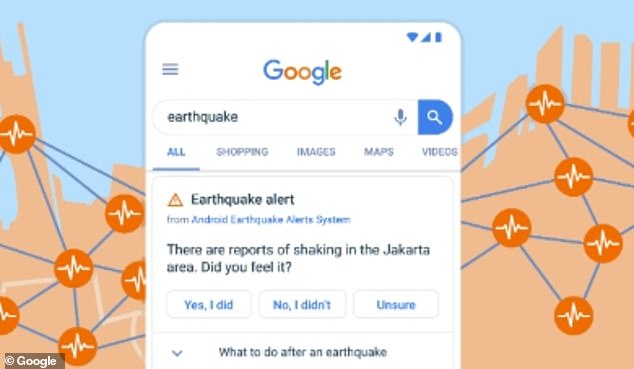With edtech start-ups such as Byju's and Toppr coming up with free learning courses and modules to help students during the pandemic, engagement numbers of these online platforms have seen a massive surge.
As the coronavirus disease (COVID-19) outbreak has resulted in lockdowns across states in India, students and institutions too have seen a disruption in their learning. While schools, colleges and other educational places were among the first to be asked to shut down, several boards have since taken the decision to postpone examinations.
At such a time, several start-ups that use technology to bring quality education to students across the country, and around the world, have come up with free courses to help learners and teachers through the crisis.
Massive Surge In Numbers
Edtech Unicorn Byju’s was among the first few to take the initiative and provide free access to all of the company’s learning programmes till the end of April. “Since our announcement last week, we have witnessed a 60 per cent increase in the number of new students using the app to learn from home daily,” said Divya Gokulnath, co-founder of the Bengaluru-based company.
Gokulnath said the number of queries from students and parents for home learning programmes had more than doubled in the last week with learners across metropolitan and non-metropolitan cities increasingly using the app. She added that while students with year-end exams were using video lessons to revise crucial concepts, younger grade students are learning new concepts to prepare for the next year’s curriculum.
“We have seen a 124 per cent increase in student engagement on our platform amid the coronavirus outbreak,” said Anant Goyal, founder at Bright Tutee, a platform that offers video lectures for 18 state boards.
Mumbai-based Toppr, a learning platform spanning across the K12 and competitive exam verticals, has made all live classes free till schools resume. Separately, on demand learning videos are available as a free learning resource on the app.
The company has seen massive growth in engagement over the last few weeks, according to co-founder Zishaan Hayath. There has been a 100 per cent growth in free user engagement over the last month while the time spent across modules has risen more than 50 per cent, with the highest growth seen for Ask Doubts.
Specifically for live classes, subscribers have grown by 50 per cent as well. In terms of age groups, he said that growth in time spent by students of senior classes (10-12) had been double that of those in junior classes (6-9).
Another edtech start-up Gradeup too has found numbers increasing since launching free live classes for students between grade 8 and 12.
The free classes launched have a “focus on topics that are covered during the first 2 months of school...parents want their children to utilise this time, and an offer like this fits very well. Since this is the period when the new session begins, it makes sense to cover the topics taught in the first two months of school,” said Gradeup co-founder Shobhit Bhatnagar.
Bhatnagar added that while there has been a spike across segments, ranging between 25 and 40 per cent, it was especially true for aspirants of competitive exams such as JEE and NEET.
Across Verticals
This surge in online learning is not, however, limited to these.
Testbook, a start-up that provides an online learning platform for government job aspirants, on Friday announced that it was making all courses free to use for the next few days. According to co-founder Ashutosh Kumar, the company saw 250,000 transactions in the first 48 hours, which compares to 300-400 transactions on any normal day. 41.7 per cent of the users registering for courses were first timers.
Similarly, professional courses platform Great Learning has seen increased traction since launching its free of cost learning resource.
“We are receiving tens of 1000s of visitors daily on free learning resources; content consumption for our learning programs is seeing a 3x increase week on week,” said Great Learning co-founder Hari Krishnan Nair. Most of the surge was coming from metro cities such as Bengaluru, Mumbai, Chennai, Hyderabad and Delhi.






